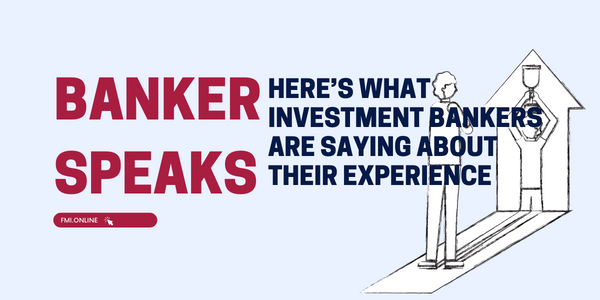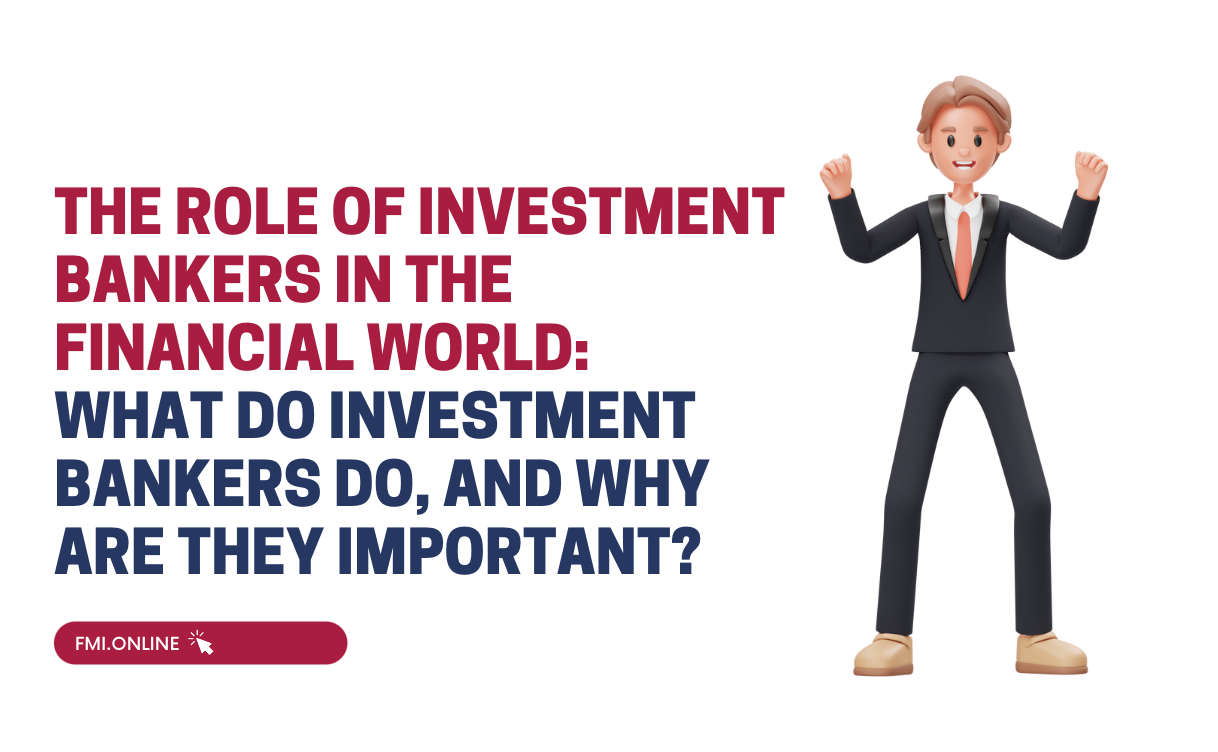The investment banking profession is highly sought after and one of the most difficult to break into. Investment bankers’ experiences have always attracted people’s interest and inspired them to join the industry. A great deal of assumptions, however, are also made about the industry such as the working lives of professionals, the industry structure, and the employment profile.
Let us share the experiences of investment bankers from their own journeys to help you gain clarity.
Please note that this article is a summation of views from investment bankers across various platforms. We have also made changes in the sentence structures and some of the terminologies used, however the basic views/advice remains intact. We don’t claim ownership of these views.
What is investment banking and what does an investment banker do?
Investment banking very simply put is helping companies raise money or manage their money or advise them on mergers and acquisitions (M&A) and corporate transactions.
What does a workday look like for an investment banker?
“As I was on the financing side, I did come in earlier at around 7:15 – 7:30 all the way to around 11 pm. So typically I would get up around 6:30 and by 7:15, I did aim to be at the office. During my short commute, I would catch up on my emails and then start to do some research as I reached office, since I had a presentation every morning at 8:30.
The presentations are alternated between interns and are essentially market updates. We got to debrief the team, which goes on for 20-30 minutes, on things that had happened the night before or what to expect during the day so it would take me about an hour to actually find the relevant news and typically I would do it on Bloomberg terminal. After that I would try to grab a coffee and basically just get myself ready for the day. Between 9 and 11 I would usually be on my desk and actually get started with my work. Followed by this, the entire day is spent between, PowerPoint, Excel, team meetings, and client meetings. Post dinner, the team makes final edits and calls it a day. I’d say that an investment banker works around 15 to 16 hours everyday, as a junior analyst.”
What’s the difference between Advisory and Financing with an Investment bank?
According to a banker, “In advisory there are things like mergers and acquisitions (M&A), Defence against forced Acquisition, and Restructuring while financing has more to do with Structure Finance, Leverage Finance, Equity Offerings and other such similar offerings. Financing is linked to the financial markets and therefore, their work schedule is tied with that. They do get to come earlier and maybe finish a little earlier than those in advisory, but that said if I had to pick one probably, advisory works a slight bit more.”
What was it like to work in a big Investment bank?
“I started my career in 2010 with Morgan Stanley. I can say I worked for an absolutely fantastic firm as blue chip as it gets. I think I cannot replace that experience with anything else, at Morgan stanley. I can tell you that Morgan Stanley also provides the right culture, it’s the place with a professional team is there, and they really will nurture you to be a better professional. I couldn’t have started my career at a better place than Morgan Stanley.”
How does the hierarchy look at an investment bank?
“Just to give you a bit of background, basically within the investment banking division there’s different hierarchies and obviously the summer analyst is at the very bottom. In my division, after an analyst you have what’s called an associate then a vice president and lastly a managing directo,r and then there are partners and other senior bankers. However, we didn’t really see them so MD was usually the person, the highest ranking person, that we interacted with.”
Some Tips from Investment Bankers:
Get your Fundamentals right!
“For investment banking and corporate finance, fundamentals and advanced corporate finance fundamentals are extremely important. Do all of it – cost of capital, beta calculation, selection of beta, ll of that you need to know, and the fundamentals of it. Those things are frankly required to start with and then the sales part kicking in and managing your team comes in also.”
Networking
“There are two parts to it – first getting noticed to build your network and then using your network in the future. To get noticed, you have to stand out of the crowd, have some skills which make you unique apart from work. You can’t talk about deals in public, hence, you need to be able to discuss other matters and talk swiftly. If you are able to connect, have a good conversation which makes you memorable, then you have made an impact on your connection. This can of course help you later on with your career.
As a recent graduate, investment banking offers great opportunities to gain business knowledge and skills that can be applied to other professional fields. At a very early stage, you could have the opportunity to work with some of the brightest entrepreneurs and industrialists around the world. To succeed in this field, you need to stand out and have very strong fundamentals.”
Summing it up
Investment banking is a demanding profession with high rewards. You must remember that while it is highly useful to get advice from seasoned professionals, every individual’s experience is different, and you should be ready to embark on your own journey. Networking and having a strong foundation will certainly help you along this path, however, you must also work on your time management and resilience skills.












 60+ hours
60+ hours 9 courses
9 courses



